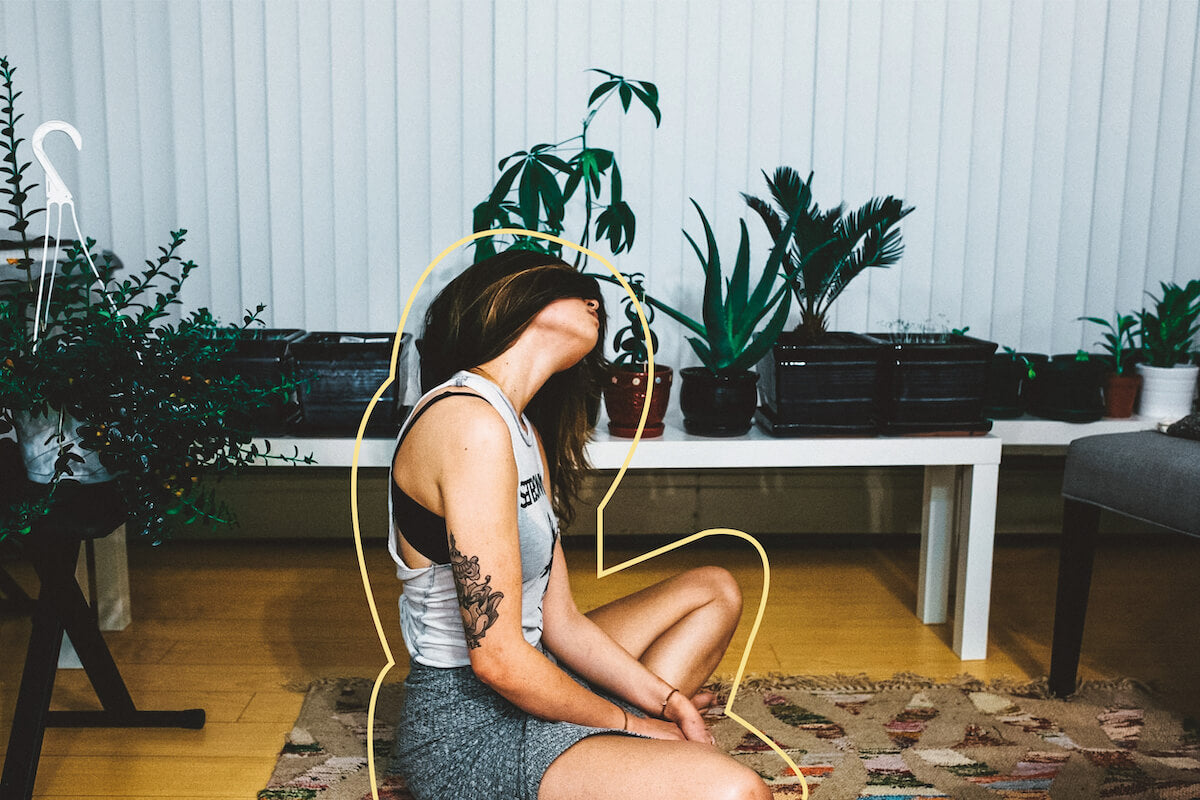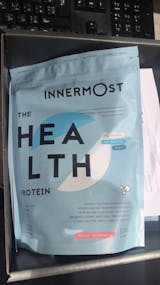Feeling stressed? Wired? Unable to sleep? Instead of reaching for your phone, a Netflix binge or a stiff drink to try and numb your overworked and overstimulated brain, why not try something new?
Meditation is the practise of focusing your awareness on an object, activity or thought, with the goal of achieving a calm, stable and relaxed mental state. A successful meditation session leaves you feeling rested, refreshed and ready to tackle the road ahead. It can help to reduce stress levels and chronic pain, lower blood pressure and tackle issues such as quitting smoking and navigating depression, anxiety and other mental health conditions. Who wouldn’t want all of these benefits?
However tempting the sound of a calm, collected mind might be, meditation can be intimidating if you’ve never tried it before. The thought of sitting alone, urging yourself to be calm, can backfire and have the opposite effect. A meditation app is an approachable, simple way to be guided through your first experience with sitting still and focusing on your mantra. It’s easier to calm yourself down when there’s a soothing voice talking you through how to do it in your ear.
We’ve put together our top choices of the best meditation apps which will help you to find your peaceful groove. And to really put the icing on the cake, consider our The Relax Capsules, nootropics which contain research-backed ingredients that help reduce stress, promote relaxation and help you get a great night's sleep.
Calm
One of the most popular meditation apps out there, Calm specialises in guided meditation sessions ranging from three minutes long to much, much longer. You can get super specific about the topic you want to focus on, ranging from gratitude to workplace stress to reducing anxiety and panic attacks. There’s also specific tracks to listen to for falling asleep - we recommend the sleep stories feature, where celebrities including Harry Styles, Stephen Fry and Matthew McConaughey read reimagined bedtime stories to help you drift into pleasant slumber.
Frequently updated with new meditations, the app allows you to track your progress. Beginners will find the seven and 21 day guided programs designed for them to get started especially helpful.
Free, with in-app purchases
Headspace
If you haven’t heard of Headspace before, you need only to mention it in public to be inundated with positive reviews and testimonials. There really is something for everyone here, no matter your level of meditation experience. With literally hundreds of guided meditations to choose from, you can customise the tone, voice, subject and length of your new practise until it’s just as perfect as you are.
Headspace is known for its mini meditations, perfect for when you’re out and about, on your way to a stressful meeting or desperately needing a moment of zen while on public transport. Another great feature are the SOS meditations, designed for moments of emotional turmoil and emergency. With a new meditation uploaded on the app every day, you can feel certain that you’ll never be bored.
From £9.99 a month after a free trial
Aura
What makes Aura different, and one of the best mindfulness apps out there, is the amount of personalisation this app allows you. All of the daily meditations, life coaching sessions and stories are customised based on the mood you input when you open the app. You can also enjoy sounds of nature such as a forest soundscape, the ocean or rain noises, and music.
Aura allows you to track your mood, take notes on how you’re feeling and review the patterns in what you’re thinking and experiencing emotionally. For those who struggle to remember to take time for themselves, you can even set reminders to take a breath or meditate throughout the day.
Free, with in-app purchases
Simple habit
Want to emulate the folks at Google when you’re searching for the best meditation app for you? Simple habit could well turn out to be your winner. It features five minute meditations voiced and led by everyone from Google’s top mindfulness experts to former monks. It provides an interesting mix which will mean that everyone using the app will be satisfied, no matter how eclectic their taste.
As well as the classic guided meditations, Simple habit offers motivational guides, life coaching and bedtime stories for those nights when sleep eludes you. With an easy-to-use interface and the ability to break meditation and mindfulness down into manageable chunks, it slots into your life seamlessly.
Free, with in-app purchases
Breethe
Breethe begins by asking you a number of questions about your goals and what you hope to achieve (through meditation and beyond), to super-tailor your relaxation offering. Choose between recommended meditations, breathing routines, nature sounds, and more to help you manage stress, sleep better or approach specific goals. They've also got an amazing library of inspirational talks and therapy bites.
Breethe offers 7 day, 30 day and 90 day 'learn to meditate' programs to get you into the habit of daily meditation and incorporate meditation seamlessly into day to day life.
Free 14 day trial, then £2.99 per week.























